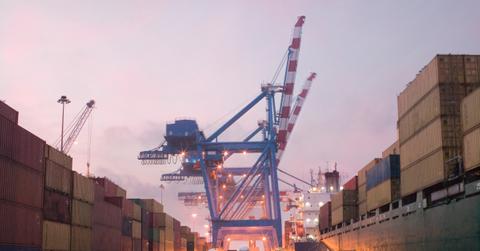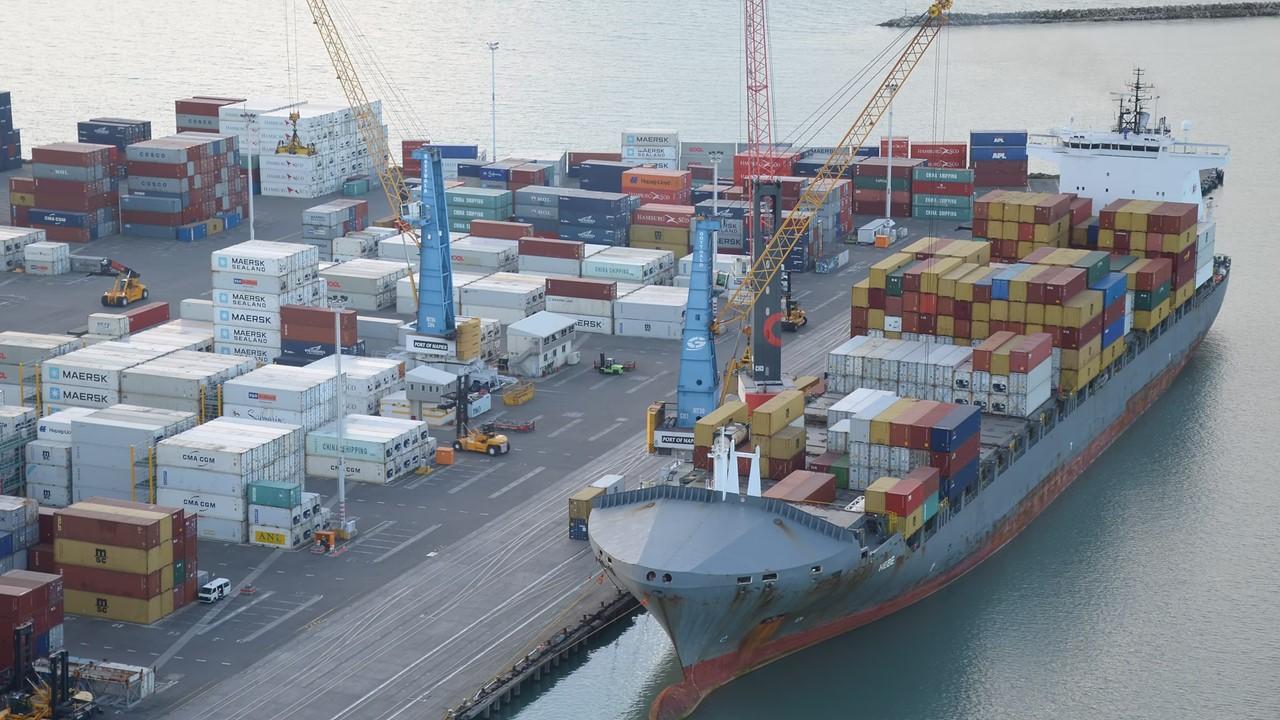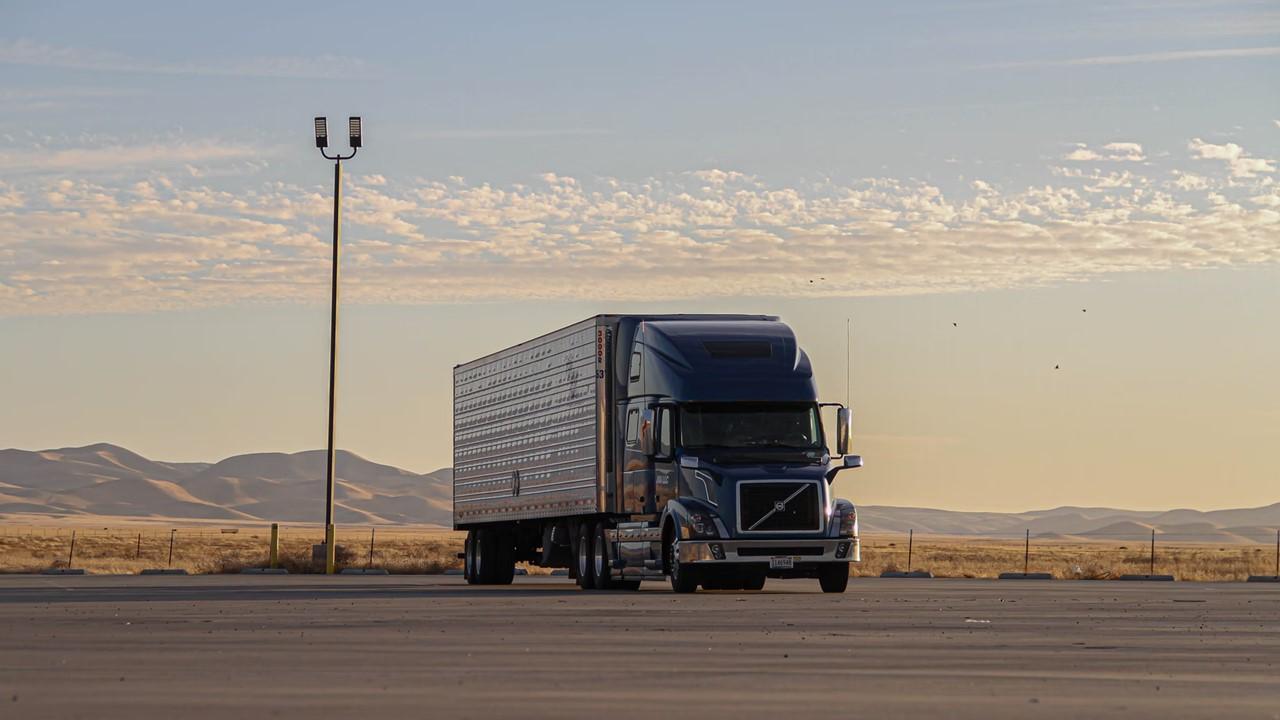Why Are Supplies Delayed? Supply Chain Issues, Explained
Supply chain issues are impacting prices and shipping worldwide. The problems will likely persist into 2022.
Oct. 13 2021, Published 10:20 a.m. ET

Despite the fact that the economy is eager to recover from the brutal effects of the COVID-19 pandemic, supply chain issues continue to slow down economic growth worldwide. From shipping and container disruptions to the truck driver shortage, a series of forces have been hampering the speed at which goods are manufactured and delivered.
As consumers in the U.S. prepare for the typical holiday shopping surge, they will need to be aware of ongoing product shortages and shipping delays. The difference in the ways that countries view COVID-19 prevention is also a factor, according to Moody’s Analytics.
Supply chain issues due to shipping
Shipping, most experts agree, is one of the main culprits of the global supply chain disruptions. Not only has the price of shipping containers skyrocketed, but some of the most integral shipping ports have experienced shutdowns, which held up product shipments for weeks.

China has been stricter in its COVID-19 protocols and aims for zero cases. In contrast, Moody’s says that the U.S. is “more willing to live with COVID-19 as an endemic disease,” according to CNN.
China’s efforts were shown by the shutdown of the third-busiest container port in Ningbo for two weeks due to a single coronavirus case, Bloomberg noted. In other parts of China, shipping port operations have been paused even for a small number of cases.
The president of Evergreen Marine Corp. in Taiwan, Hsieh Huey-chuan, said, “Port congestion and a shortage of container shipping capacity may last into the fourth quarter or even mid-2022.”
Bloomberg also noted in August that the cost of shipping containers from Asia to Europe was ten times the price in May 2020. The cost of shipping containers from Shanghai to Los Angeles increased sixfold.
Along with shipping costs, delivery of items by truck is also a huge factor. Moody’s warns that a shortage of truck drivers might be the “weakest link” in the global supply chain. Forbes reported that there was only one qualified driver for every nine job postings.

How supply chain issues impact consumers
Higher prices and longer delays in shipping and delivery mean that consumers all over the world continue to feel the impact of supply chain issues. Not only will in-demand products like semiconductor chips continue to be hard to find, but the prices of everyday items will be higher due to shipping and manufacturing costs. Higher inflation is likely as well.
How long will supply chain issues last?
Experts have said that supply chain problems won't get resolved quickly. In fact, Moody’s Analytics stated in a report early this week that supply chain issues are expected to get worse before they improve.
The Moody’s report said, “As the global economic recovery continues to gather steam, what is increasingly apparent is how it will be stymied by supply-chain disruptions that are now showing up at every corner,” according to CNN.
JPMorgan Chase CEO Jamie Dimon has a different outlook. During the Institute of International Finance conference, he said that supply chains won't be an issue next year.
